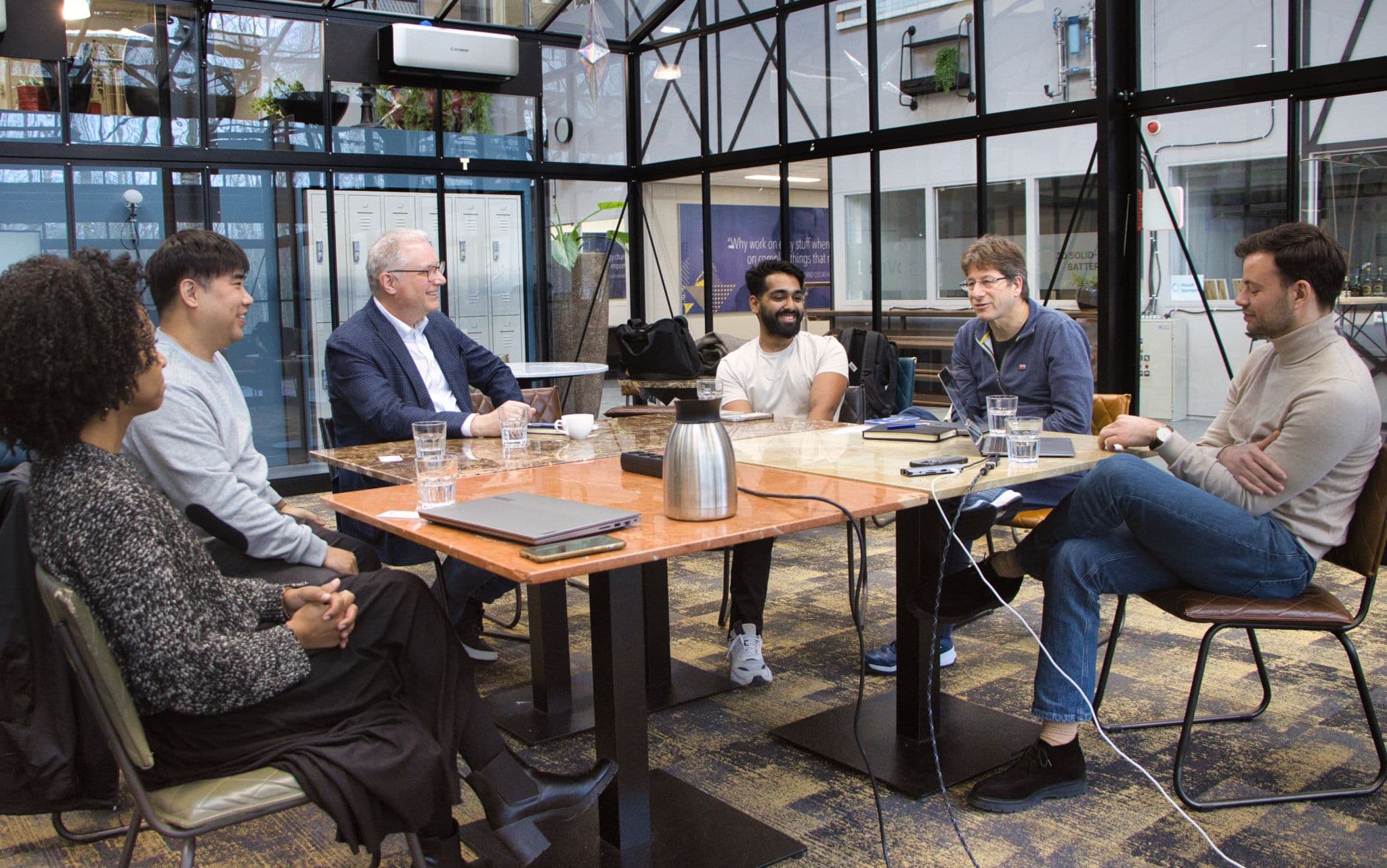Dutch self-employment laws present major challenges for startups
An end to the self-employed CFO? New regulations are forcing startups to look at their staffing strategy in a different way.
Published on March 8, 2025

Bart, co-founder of Media52 and Professor of Journalism oversees IO+, events, and Laio. A journalist at heart, he keeps writing as many stories as possible.
Startups and scale-ups face a complex challenge: how do you ensure you have the right expertise in your team without being directly tied to the obligations of being an employer? The changing legislation regarding bogus self-employment makes this issue even more urgent. KPMG Meijburg, as the tax and legal partner of HighTechXL, supports startups in navigating this complex playing field. “For many startups, the flexibility of freelancers is essential, but the new rules are putting that under pressure,” says Ronald Honings, partner at KPMG Meijburg.
The appeal and pitfalls of freelancers
Many startups do not have the resources to hire employees right away. As a result, they often work with independent professionals based on flexible contracts. “You see that important roles such as CFO, COO or commercial functions within deep-tech are often filled by freelancers,” says Robin van Scheijndel of HighTechXL. “That offers freedom, but the question now is: when is such a collaboration considered actual employment?”
With the stricter enforcement by the tax authorities, this is becoming a crucial point. “The risk is that startups unknowingly operate in a gray area,” Honings explains. “At a certain point, a freelancer becomes so embedded in the organization that legally speaking there is an employment contract, with all the obligations that entail: social security contributions, pension, sick leave schemes and dismissal procedures.”
The impact on startups and scale-ups
For startups, this means a loss of flexibility and extra costs. “Not only do they have to start paying contributions, but they also have to deal with absenteeism and longer notice periods,” says Honings. “This particularly affects C-level positions and specialists hired for a limited number of days per week. Project-based assignments can still be set up as self-employed contracts, but if someone becomes a structural part of the team and bears responsibilities like an employee, it becomes a different story.”
Strategies and solutions
One of the sticking points for startups is using stock appreciation rights (SARs) or stock options as a reward mechanism. “SARs and options are typically intended for employees and can indicate an employment relationship,” Honings explains. ”If a freelancer is offered options for a long period of time, it can be a signal that they are actually an employee rather than an external contractor.”
In addition, timing is essential. “We often advise that when a startup reaches Series A financing, it is time to switch to a payroll structure,” says Honings. “Before that time, you can still weigh the risk, but after that it becomes less and less tenable.”
The role of collaboration
To help startups meet these challenges, HighTechXL organizes regular roundtable sessions with KPMG Meijburg and other organizations. “During these sessions, our startups can ask questions and brainstorm about the best approach,” says Van Scheijndel. ”The specific knowledge and experience of KPMG Meijburg helps them avoid pitfalls and make informed decisions.”
Honings agrees that this is an essential aspect of their collaboration: “We see it as our job not only to give tax advice, but also to hold up a mirror to startups. What obstacles do you face? What is the underlying problem? And what is the best strategy in the long term?”
A challenge, not an obstacle
The changing legislation regarding freelancers is an additional challenge for startups, but not necessarily an obstacle. By making smart use of the right contract forms and strategic planning, startups can remain flexible without getting into legal trouble. “It's not a one-size-fits-all solution,” says Van Scheijndel. “But thanks to the collaboration between HighTechXL and KPMG Meijburg, startups can make the right choices and focus on the growth of their company.“
“Ultimately, it's about a startup knowing what it's doing,” Honings concludes. “A conscious strategy makes the difference between taking a risk and managing a risk.”
